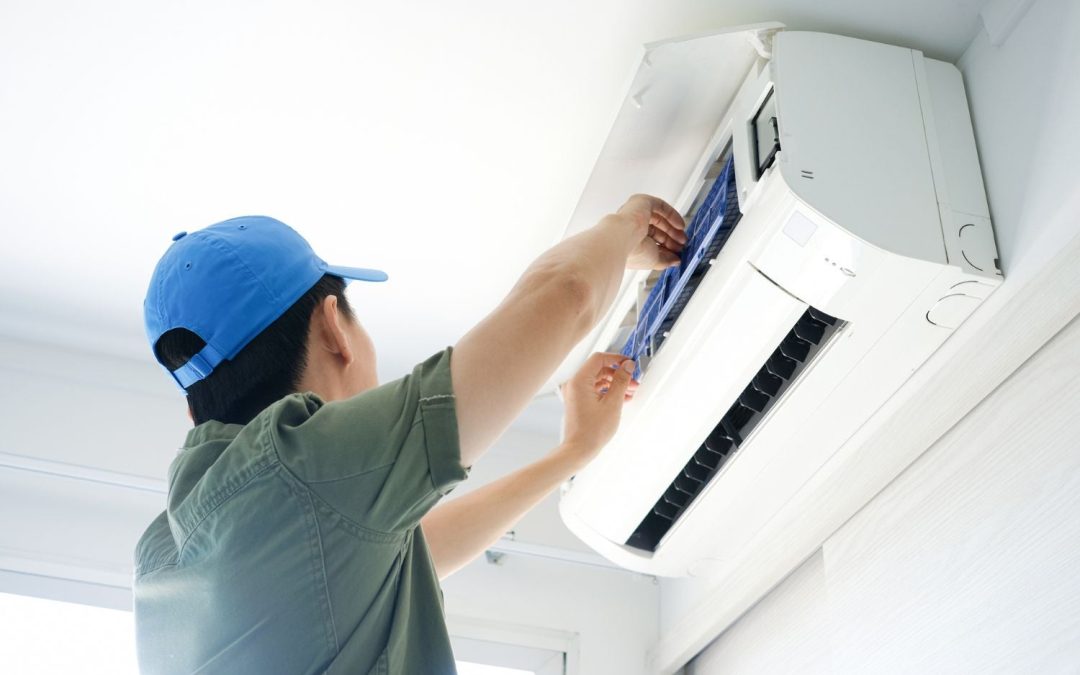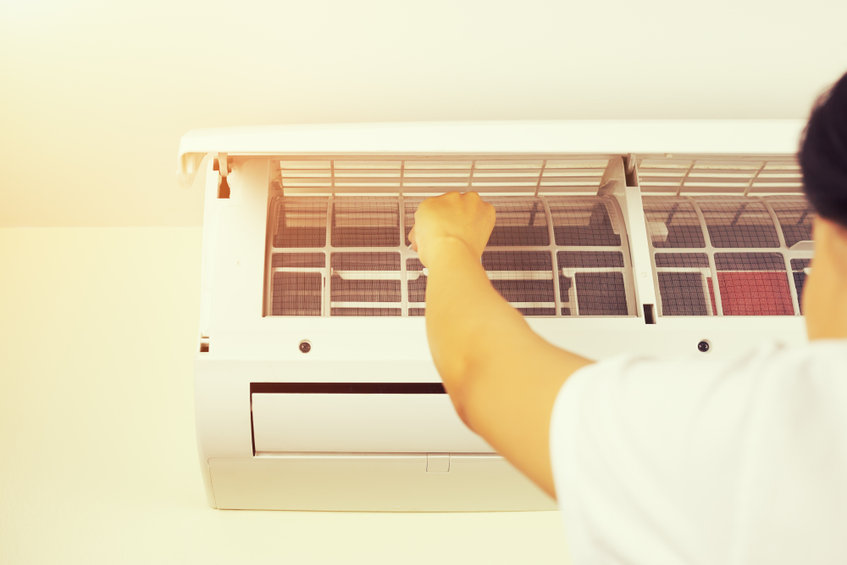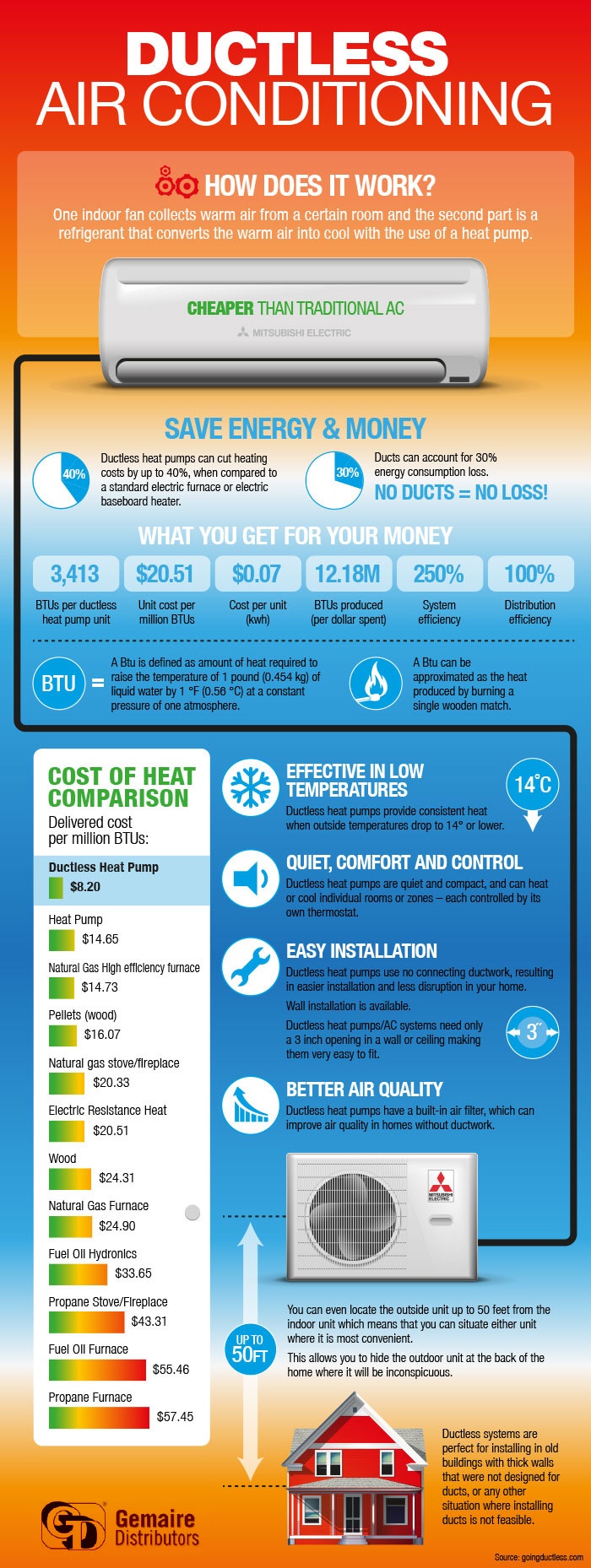Did you know that roughly 75% of homeowners experience a/c sound issues eventually? When your air conditioner starts making odd audios, it can be rather disruptive to your tranquility and comfort.
From rattling and humming to screeching and banging, these sounds can suggest underlying issues that require interest. Determining the resource of the sound is crucial for effective fixings and guaranteeing your ac system operates successfully.
So, if you're tired of tolerating annoying air conditioner sounds disrupting your tranquility, there are solutions handy.
Secret Takeaways
- Normal upkeep is essential to address usual air conditioner noise resources like ductwork problems and damaged electric motors.
- Address shaking sounds by evaluating for loose components, maintaining fan electric motors, and including resonance seclusion pads.
- Squealing and banging sounds can be fixed by inspecting belts, fan blades, and compressor coils for issues.
- Repair work a/c noise issues by performing visual assessments, applying soundproofing methods, and fixing for obstructions.
Common A/c Sound Sources
If your a/c system is making uncommon noises, maybe because of among several typical resources.
One regular wrongdoer is issues with the ductwork. Over time, ducts can establish leakages, loosened links, or even blockages. These problems can trigger air to flow erratically, bring about whistling or rattling audios. A comprehensive ductwork inspection by an expert can assist determine and remedy these issues, restoring your system's smooth operation.
One more common source of noise in air conditioning systems is a faulty electric motor. The electric motor is a critical part that drives the fans and various other relocating components within the system. If the motor is worn or damaged, it can generate grinding, squealing, or clunking noises. In such cases, electric motor replacement might be needed to get rid of the resource of the disturbance. Routine maintenance and timely electric motor substitute when required can aid maintain your a/c system running quietly and efficiently.

Identifying Rattling and Buzzing Seems

To address rattling and buzzing noises in your air conditioning system, beginning by inspecting the parts that might be causing these noises, such as loose components or worn-out elements. Vibration isolation is key in solving these issues. Check for any loosened screws, screws, or panels that may be shaking against each other during procedure. Tightening up these can typically alleviate the rattling sounds.
Furthermore, examine the follower motor for any signs of wear and tear. Normal follower motor upkeep, such as lubrication and cleansing, can help in reducing buzzing sounds brought on by friction or breakdown.
If the rattling continues after checking and tightening components, take into consideration including resonance seclusion pads or places to soak up the excess vibrations. These pads work as a barrier between the shaking components, decreasing the sound. Keep in mind that dealing with these audios immediately can stop additional damage to your air conditioning system and guarantee its peak efficiency.
Addressing Squealing and Banging Noises
When dealing with screeching and banging sounds in your cooling system, start by determining the resource of the sounds via a comprehensive inspection of the system's parts. Check the belt tension as well as the motor bearings, as loosened belts or worn-out bearings can lead to squealing noises. Inspect the follower blade for any type of obstructions or problems that may create banging noises when the fan turns. Additionally, analyze the compressor coil for any particles or issues that might be producing the sounds.
To deal with squealing noises connected to belt tension, adjust the stress following the manufacturer's guidelines to make certain it's within the suggested variety. If the motor bearings are the wrongdoer, consider lubing them ideally; or else, they might need to be replaced. For banging sounds caused by follower blade problems, repair service or replace the damaged blades without delay. When it pertains to the compressor coil, cleansing it thoroughly can frequently resolve any noise-related troubles. By resolving these potential resources of squealing and banging sounds, you can restore your a/c system to its finest functioning state.
Tips for Fixing Air Conditioning Noise
When faced with air conditioning sound issues, begin by carrying out an aesthetic examination of the unit's components for any kind of visible signs of damage or wear. Try to find loosened parts, damaged belts, or particles that may be creating the sound. If you observe any problems, ensure to tighten up loosened parts, change damaged parts, and clean any type of particles to see if the sound improves.
To resolve cooling sound issues, consider soundproofing methods to reduce the sound transmission from the device. Shielding the walls around the device, installing soundproofing panels, or putting rubber pads below the unit can help moisten the noise properly.
Routine maintenance is crucial to avoid cooling noise. Be particular that the device is tidy, oiled, and well-maintained to decrease potential problems. Repairing actions like checking the follower blades and motor for any kind of obstructions can additionally help identify and take care of noise troubles. For minor problems, do it yourself solutions such as tightening screws or changing parts might fix the sound without the demand for specialist assistance.
Making Certain Effective Air Conditioning Procedure
Guarantee your air conditioning operates effectively by organizing routine upkeep checks and keeping the device tidy and well-lubricated. Guaranteeing your air conditioning system functions at its ideal not only minimizes sound yet likewise reduces power usage. To accomplish this, carry out sound decrease approaches such as positioning vibration pads under the unit to wet sound transmission and making sure all components are securely tightened up. Furthermore, tidy or change air filters regularly to stop air flow obstructions that can strain the system and boost noise levels.
Power intake optimization is important for effective a/c operation. Establish your thermostat to an ideal temperature level to prevent overworking the unit. Use ceiling fans to help circulate amazing air better, allowing you to raise the thermostat somewhat without giving up comfort. Consider installing a programmable thermostat to change temperatures automatically when you're away. By complying with these strategies, you can keep a comfortable indoor setting while lessening power expenses and noise degrees.
Regularly Asked Inquiries
Can Cooling Noise Degrees Influence the High Quality of Indoor Air? mini split ac installation
High a/c sound degrees can influence indoor air high quality by adding to sound pollution, which can affect your health.
To address this, consider soundproofing remedies to lower the noise from your cooling unit.
Is There a Connection In Between Cooling Sound and Energy Performance?
When it involves cooling sound and energy effectiveness, there's certainly a correlation.
The loud noises produced by your air conditioning device can show inefficiencies that lead to raised power usage.
By addressing and lowering the environmental pollution, you can enhance the total performance of your system.
Exactly How Can I Reduce A/c Noise Without Endangering the Air Conditioning Performance?
To lower air conditioning noise without jeopardizing cooling efficiency, think about soundproofing options like acoustic insulation.
You can enhance performance by adjusting the system for performance while dampening unwanted sounds.
Attempt ensuring all parts are appropriately installed and kept, and look for loose parts that could be causing too much noise.
Exist Any Kind Of Specific Laws or Guidelines Regarding Acceptable Noise Degrees for A/c Units?

When it comes to air conditioning devices, there are specific guidelines and guidelines in position to guarantee compliance with acceptable noise levels. These criteria aid receive a comfortable atmosphere without triggering disruptions.
Rules pertaining to sound degrees for cooling systems differ depending on area, yet usually concentrate on lessening sound discharges to a level that doesn't disrupt daily activities. It's important to be aware of these standards to ensure your unit satisfies the needed standards.
What Are Some Long-Term Upkeep Tips to Prevent A/c Noise Issues in the Future?
To prevent a/c noise problems long-term, see to it you stay with regular upkeep. Clean or change filters, look for loosened parts, and maintain the unit clean.

Take into consideration soundproofing techniques like adding insulation around the device. By remaining on top of upkeep and taking actions to reduce noise, you can enjoy a quieter and a lot more efficient air conditioning system in the future.
Verdict
Since you have actually determined the usual resources of air conditioning sound and learned just how to diagnose and repair them, you can enjoy a quieter and a lot more reliable cooling system.
Remember to routinely check for any kind of unusual audios and resolve them promptly to prevent any type of additional damages.
By taking care of your air conditioning unit, you can assure it operates smoothly and effectively for several years to find.
